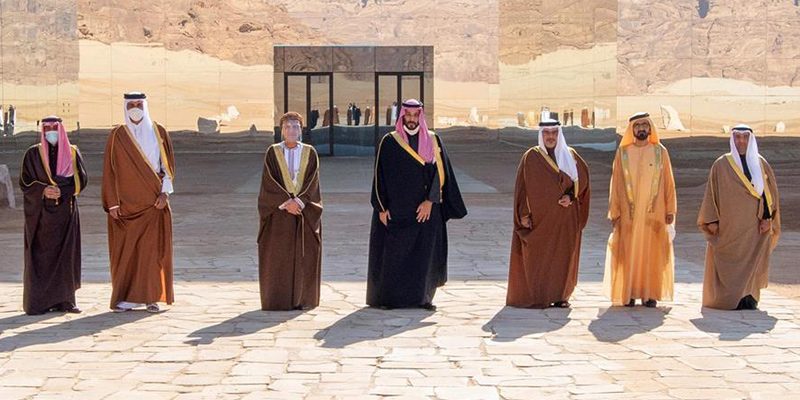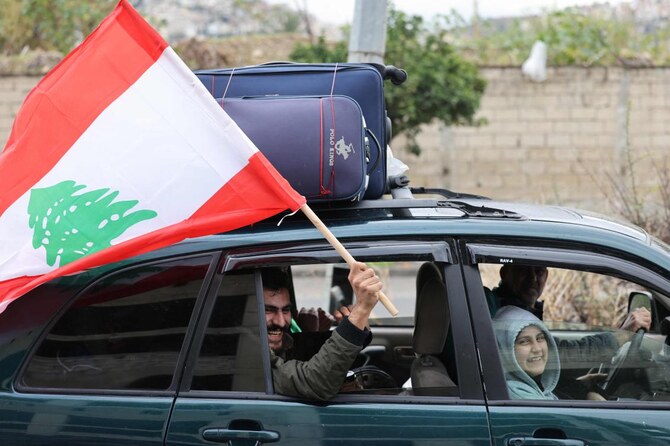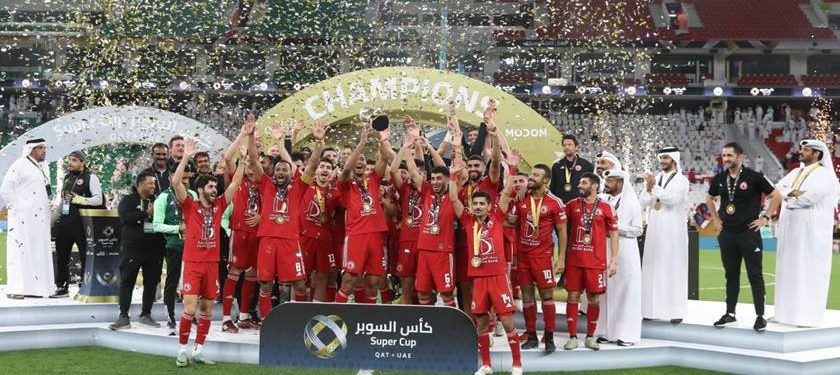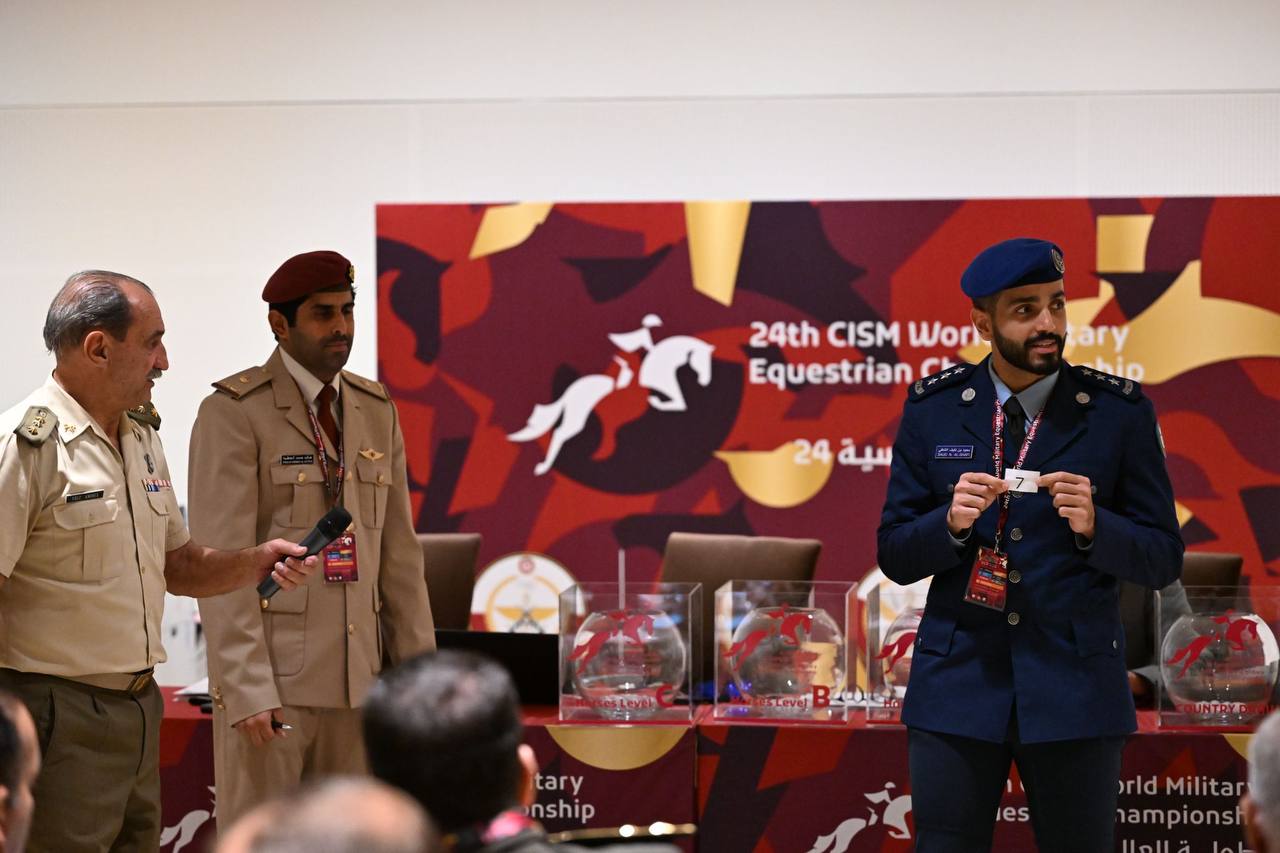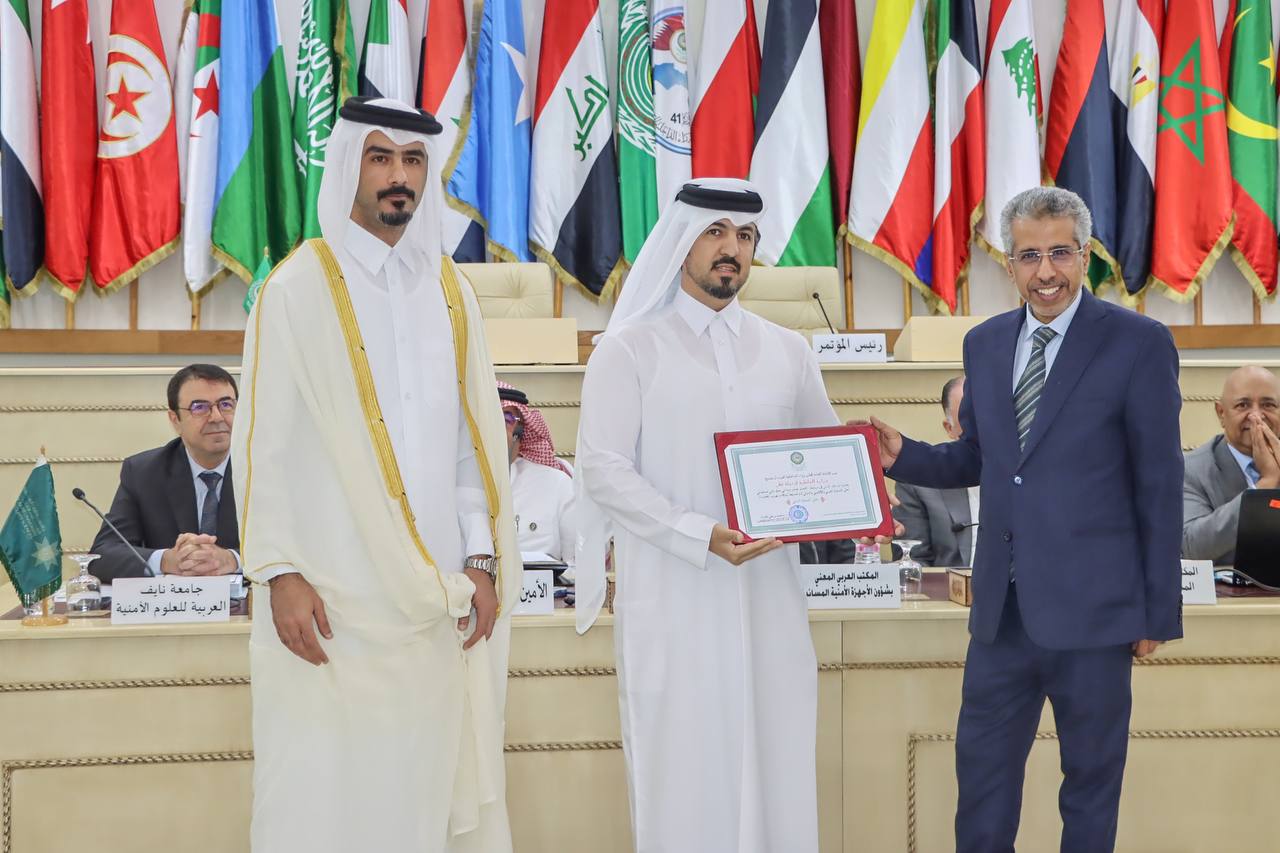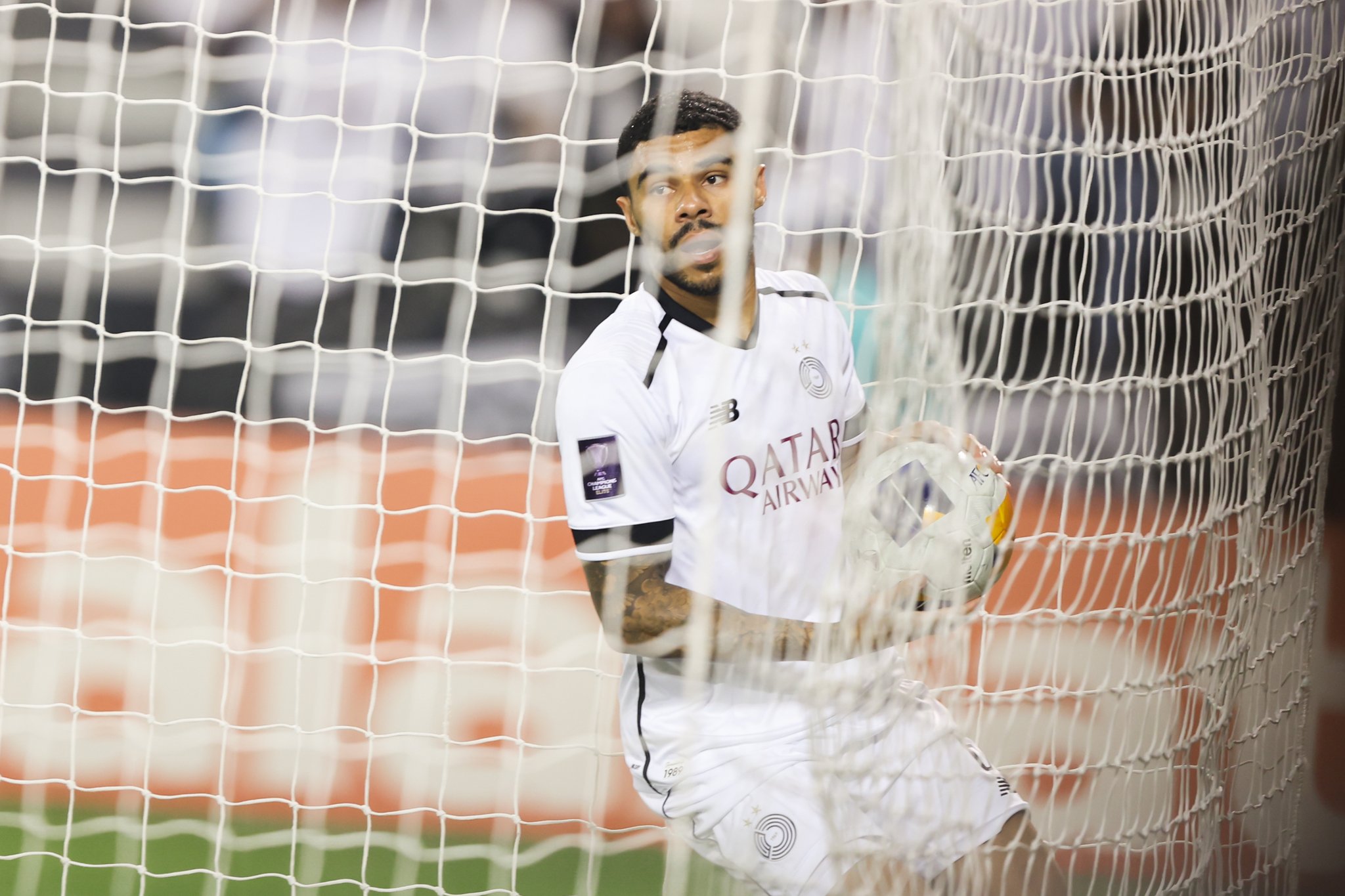Sensationalist headlines, clickbait videos and wild accusations of support for terrorism stormed the virtual world in 2017 when the region’s biggest political crisis in decades erupted between Gulf Cooperation Council member states.
Former proponents of the anti-Qatar propaganda movement have aired their grievances online after finding themselves cast aside by the same GCC countries that once fuelled their fire at the height of the region’s worst diplomatic crisis in decades.
Abdul Jalil Al-Saeed, the Director of the Scandinavian Gulf Center for Studies, highlighted the issue after venting his frustration in a video posted on Twitter.
“Official state media in the GCC used to ask us to talk about Qatar and write about it. After the [Al Ula] declaration, they now say ‘we cannot work or collaborate with you media-wise because you used to talk about Qatar,'” he said.
“You were the one that pushed us to do this, now you treat us this way? They label us as enemies to Qatar and claim that our media portfolio is based on anti-Qatar propaganda when they were the ones pushing for it,” he confessed.
In 2017, Saudi Arabia, the UAE, Bahrain and Egypt severed all trade and diplomatic ties with Qatar, sending the region on a political whirlwind that affected residents, citizens and decades-long alliances.
As part of the political crisis, the former blockading nations rolled out a massive anti-Qatar campaign in a bid to tarnish its reputation, employing influential political figures and even regional social icons to carry out the mission.
Among such figures was Al-Saeed, who spoke out against Qatar in damning statements published on his social media platforms as well as during numerous television appearances over the years.
“Unfortunately, now you see other incidents where whoever stood against Qatar was a propagandist from major media figures in the blockading countries. You don’t know what happened with us, and you don’t know what was done to us or the price we paid, especially me. I paid it here in Europe, they discredited me, my livelihood was cut, and I was fought in my work. No one cared,” he added.
In 2019, a New York Times expose told the story of how the UAE sought the services of Cornerstone Global Associates (CGA), a little-known London-based public relations firm, to systematically tarnish Qatar’s reputation and wrest the honour of hosting the 2022 FIFA World Cup from its grasp.
CGA, working hand in glove with the UAE, carefully placed articles and reports linking Qatar to the Muslim Brotherhood as well as terrorism in the international media.
As the blockade against Qatar took effect in 2017, orchestrated by Saudi Arabia, Egypt, Bahrain, and the UAE, the anti-Qatar campaign intensified.
The UAE took the lead in a global effort to defame Qatar, financing an extensive campaign aimed at tarnishing its image and undercutting its position.
An anonymous source provided the publication with batches of documents over several months, in which a pattern emerged, linking Cornerstone Global Associates and the UAE, with a $1 million wire transfer thought to have been made for the disclosure of damaging information about Qatar’s World Cup bid.
However, this was just one of countless campaigns deployed by the former blockading quartet in the lead up and during the 2017 political crisis.
Earlier this year, French publication Mediapart found that a possible misinformation campaign against Qatar was carried out through a network reportedly coordinated by Alp Services on behalf of the UAE.
That campaign also pushed out information linking Qatar to the Muslim Brotherhood through fake accounts.
The network was reportedly behind the publishing of the English and Arabic edition of the book “Qatar Papers”, which falsely accused Qatar of financing Muslim associations in Europe.
Last year, an investigation by Orient XXI found that the UAE was “discreetly” lobbying a key partner in France in an effort to present Qatar in a negative light.
Similarly, a probe by French newspaper Liberation accused Bahrain of being behind a judicial and media campaign designed to discredit Qatar in France.
“The name of this small kingdom does not appear anywhere, but according to our investigations, the judicial and media attack against Qatar in France was remotely controlled from its capital, Manama,” the newspaper Liberation penned.
The publication allegedly received confirmation of this from Rachid M’Barki, a journalist of Moroccan descent who broadcasts on BFMTV, and Philippe Latomb, a MoDem party lawmaker from the Vendee region.
In December 2022, the European Union Parliament launched a formal investigation into allegations of corruption that it linked to Qatar despite refutals by Doha authorities. Shortly after, fingers were pointed at the UAE for attempting to plant schisms between Doha and its European allies.
According to popular Italian news site, Dagospia, and which has been reverberated by several other outlets such as the American NY Weekly and the Italian newspaper il Giornale, there is likely a “little hand” in the scandal permeating the relationship between Qatar and the EU, pointing towards the United Arab Emirates.
The 2017 blockade on Qatar was widely seen as the worst political crisis to hit the GCC region in decades. The political turmoil came to an end with the signing of the Al Ula Declaration in 2021, in which the former blockading quartet lifted its illegal air, land and sea blockade and resume ties with Doha.

